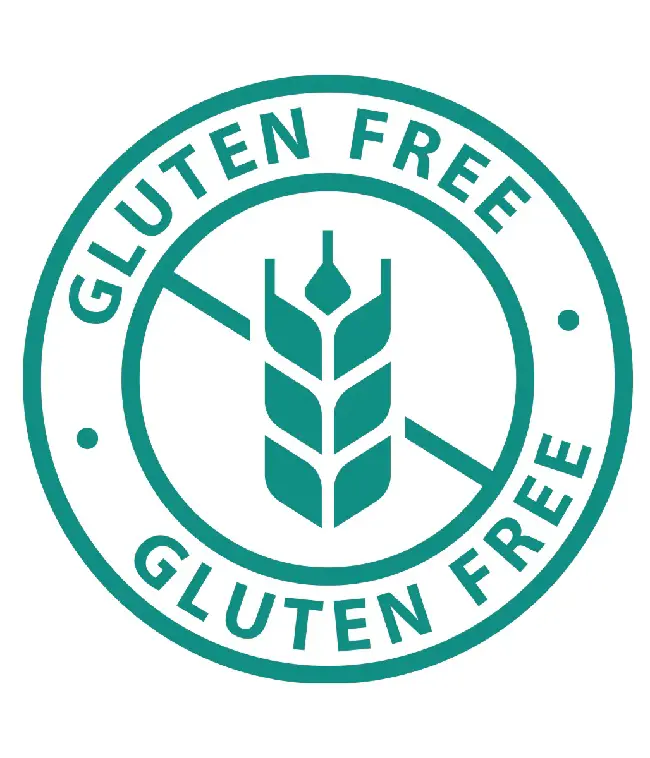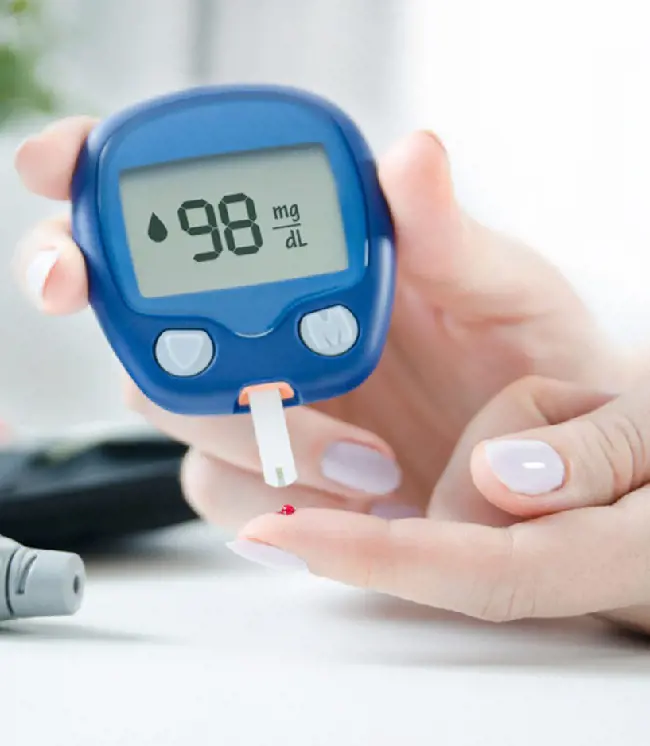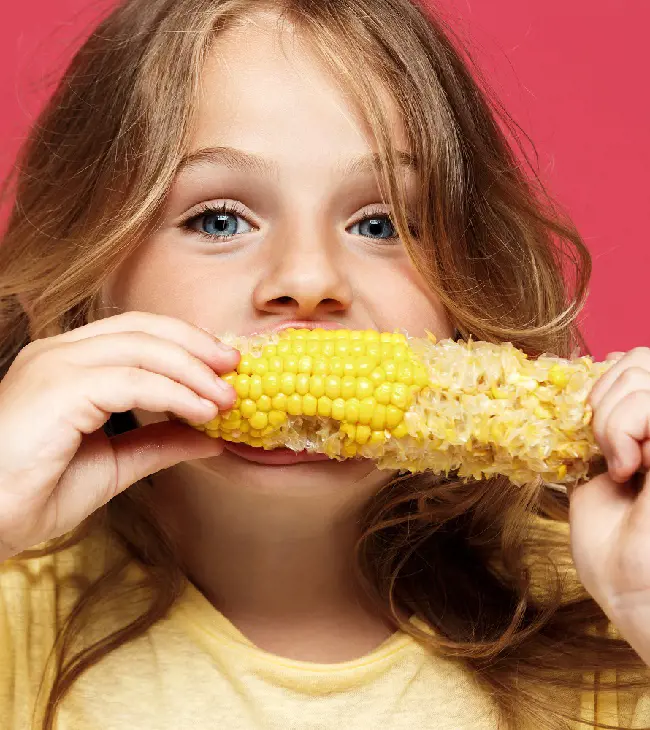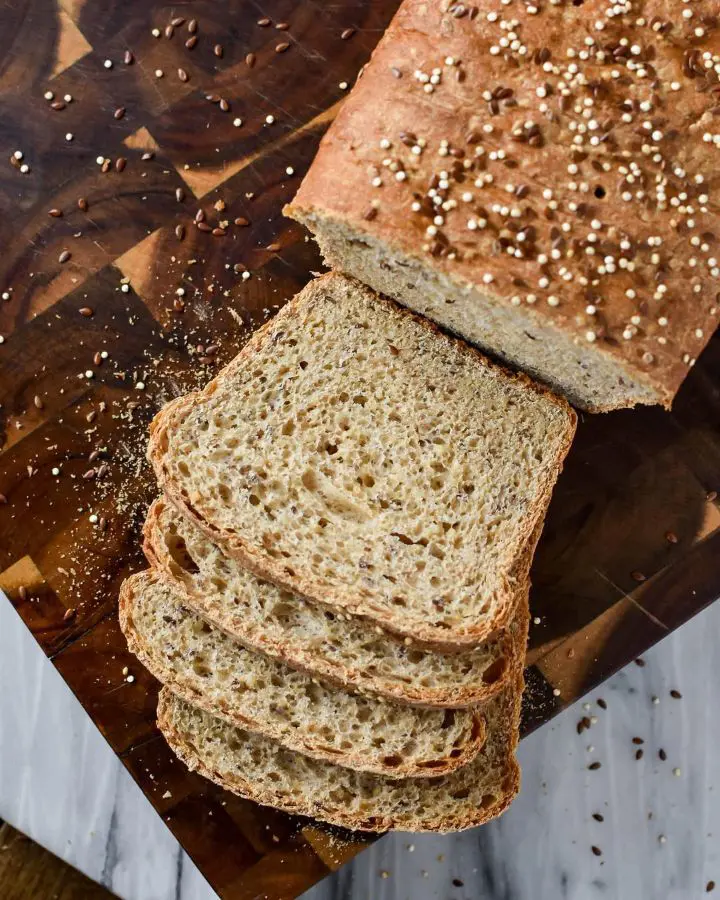Corn Nutrition Facts And Health Benefits

This post may contain affiliate links. If you make a purchase through links on our site, we may earn a commission.
Corn is a widely consumed cereal globally, prized for its deliciousness and nutritional value. Whether enjoyed as boiled sweet corn or buttery warm popcorn, it offers a rich source of nutrients.
Beyond taste, corn is packed with essential minerals, vitamins, and antioxidants. Let's explore its nutritional facts and health benefits.
Corn Nutrition Facts
Corn is a high source of carbohydrates and contains potent amounts of fiber, vitamins, and minerals. They are also relatively low in protein and fat. 100 grams of corn contains the following nutrients:
- Calories: 365
- Protein: 9.4 grams
- Carbohydrates: 74.3 grams
- Fiber: 7.3 grams
- Calcium: 7 milligrams
- Magnesium: 127 milligrams
- Iron: 2.71 milligrams
- Selenium: 15.5 micrograms
- Potassium: 287 milligrams
- Phosphorus: 210 milligrams
- Zinc: 2.21 milligrams
- Sodium: 35 milligrams
1. Improves Vision

Consuming the antioxidants in your diet helps to promote essential carotenoids such as lutein and zeaxanthin, which improves vision.
This carotenoid is commonly known as macular pigment and will form a layer over the retina to protect against oxidative damage caused by blue light.
Therefore, the high level of carotenoids in your blood will help to lower the risk of macular degeneration and cataracts.
2. Supplies Essential Amino Acids
Corn is not just tasty; it's also packed with essential amino acids crucial for our bodies. As a unique plant-based protein source, it aids in muscle building, making it ideal for vegans and vegetarians.
Additionally, it provides amino acids like methionine for skin and hair health, valine and isoleucine for muscle repair, and threonine for dental health. Incorporate corn into your diet to enjoy these benefits.
3. Supports A Gluten Free Diet

Gluten is basically the combination of two proteins that are present in cereal grains, especially in wheat. This component is highly responsible for the elastic texture of the dough and makes it soft to consume.
But a significant number of young adults and older people are intolerant towards glutens.
Being organically gluten-free grains, corn is an easy way to substitute for wheat and a better replacement for those who have allergies to oats, wheat, and barley.
4. Prevents Diverticular Disease
Among various ways of consuming corn, one can try including popcorn in your diet to protect against this disease.
Popcorn is one of the high sources of fiber, which inhibits this condition. There is also a study done regarding this matter and it proves that popcorn helps to protect against diverticular diseases.
People who are including popcorn in their diet will reduce this diverticular disease by 28% than people who avoid consuming this food.
5. Keep Blood Sugar Levels In Check

The corn oil and sweet corn promote healthy blood flow in the body. Consuming them also helps to lower the absorption of cholesterol from the food and helps to regulate the insulin level.
Their corn and corn supplement is an excellent option for people who are suffering from cholesterol and diabetes. This healthy food corn is also a high source of carbohydrates, so it is an excellent source of energy.
6. Reduces The Risk Of Anemia
Iron deficiency anemia affects countless people around the world every year, leading to excessive fatigue and low levels of productivity.
Corn is the best source of iron, which helps people who are experiencing low hemoglobin levels in the blood and treats anemia.
7. Boost Cognitive Health

Consuming corn in a moderate amount on a daily basis will help enhance nerve impulse condition by activating memory centers in the brain and relaxing the mind.
This is due to high levels of the amino acid tryptophan present in this healthy food corn.
Tryptophan in corn brings balance to the levels of serotonin, a neurotransmitter. The increase in serotonin improves your overall brain health and reduces the risk of anxiety and insomnia by promoting good moods and sound sleep.
8. Protects Your Heart
Corn contains several essential nutrients that help lower cardiovascular problems. The fiber and other whole grains in the corn helps to reduce the bad cholesterol level in the blood.
The magnesium in corn helps to reduce the risk of strokes and heart disease. Furthermore, the abundant amount of dietary fiber and vitamin B3 helps to promote good cholesterol levels.
9. Ensures Healthy Pregnancy

Incorporating corn during the time of pregnancy provides a lot of health benefits for both mother and baby.
Corn contains a high amount of folic acid, and it also has pathogenic and zeaxanthin which reduce the risk of any defection to the baby while giving birth.
These essential nutrients also protect the baby from physiological problems and muscular degeneration. The ample amount of fiber in corn also helps to soothe the constipation problem which is one of the common problems for pregnant women.
10. Contribute To Healthy Weight Gain
Corn contains healthy calories, good-quality fiber, and vitamins that will uplift your weight. Moreover, this is also perfect for a young and growing child due to its comprehensive nutritional content.
Corn will fulfill your nutrient requirements and is best to serve this after intense physical activities for optimal growth and development.
11. Improves Gut Health

The insoluble fiber present in corn not only promotes regularity, it also reduces the risk of hemorrhoids, lowers the risk of colon cancer, and improves your overall gut health.
Also, when the stool starts passing regularly, you will also see visible changes in your stubborn weight.
12. Treats Hypertension
Corn is rich in the mineral potassium, which works as a key electrolyte in the human body. They also help to lower high blood pressure and effectively reduce the instances of hypertension.
This in turn prevents the risk of other major disorders such as stroke, heart attacks, and arrhythmias.
People with hypertensive problems should not overuse the amount of salt, especially in the making of corn dishes, such as popcorn or couscous.
Recent posts
Nutrition
Nutrition
Liquorice Root: Benefits And Uses
You can spell it liquorice or licorice; this herb or root has been in use for centuries in most medicinal applications, as a natural sweetener and to enhance flavors. Regarding its origins, it comes from the root of the "Glycyrrhiza galbre" plant and...
Nutrition
Is Ramen Healthy? Here's What Dietician Says
Ramen is a traditional dish from Japan that in the recent era has become a global phenomenon. This beloved and comforting soupy dish however has been questioned, when it comes to its nutrition. Best for those looking for a quick (instant), affo...
Nutrition
Is Wheat Bread Healthy? An Expert Picks
Wheat bread has been proudly celebrated as a dietary staple in countless homes for as long as people can remember. It has earned a reputation as a healthier alternative to white or any other processed bread, that no one can deny. Because of its evide...
Nutrition
Is Sausages Healthy? Nutrition And Health Benefits
Sausages are tasty in an addictive way, making them one of the most popular foods worldwide. You may have enjoyed this convenient food often, whether on a bun with mustard or grilled on a barbecue, the simple preparation methods are what makes its co...
Nutrition
Ice Cream Benefits: Nutrition, Potential Risks And Best Choices
Not gonna lie, ice cream is often taken as a guilty pleasure treat, a delightful treat that takes you to cloud nine but is frequently associated with negative health implications. Nonetheless, the happy news is when devoured mindfully, ice cream can ...
Nutrition
Is Sushi Healthy? Some Good and Bad Choices
Sushi is a wholesome meal and a beloved Japanese dish. The traditional sushi recipe is a simple combination of fresh fish, vegetables, and vinegared rice which is popular for its minimalistic preparation. As with any food, there are factors that dete...







